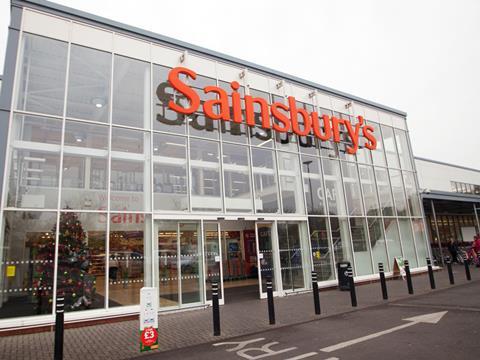
Sainsbury’s tumbling share price received some respite this week after it posted better-than-expected first-quarter sales figures – but fears over the impact of the cost of living crisis continue to weigh on the stock.
On Tuesday the supermarket posted a 4.5% drop in first-quarter like-for-like sales, excluding fuel, as both grocery and general merchandise sales fell back.
Grocery sales were down 2.4% on a like-for-like basis in the 16 weeks to 25 June against 2021 levels, which were temporarily boosted by Covid. Its grocery sales remain 8.7% up on pre-Covid levels and Sainsbury’s claimed its market share remains ahead of its pre-pandemic level.
Grocery performance was boosted by major £500m investment in pricing over the two years to March 2023, funded by cost savings, which it said meant it continues to inflate prices behind competitors.
The non-food picture was more gloomy, with general merchandise down 11.2% (including a 10.5% drop at Argos) and clothing down 10.1%. Sainsbury’s argued that this drop remained in line with expectations and showed an improved sales trend following the first five-week period when non-essential retail was closed during lockdown last year. Argos sales were down a more modest 7% in the last 11 weeks of the quarter after being down 19% in the first five weeks.
The supermarket’s outlook for the full year remained unchanged after its first quarter, with it continuing to expect underlying profit before tax of between £630m-£690m.
Sainsbury’s shares have lost 23% of their value so far in 2022 on fears over the impact of soaring inflation, with CEO Simon Roberts warning of “intensifying pressure” on household budgets.
Hargreaves Lansdown argued that margins could yet come under pressure, despite the supermarket maintaining guidance, as there is “a limit as to how much fat can be trimmed”. “If costs keep rising, margins will feel the effect and it wouldn’t be a surprise to see profit guidance come under pressure again at some point this year,” it stated.
Jefferies noted the performance was “more resilient than feared”, with the figures suggesting a “relatively contained rate of 22/23 profit unwind”. Shore Capital and Bernstein both suggested the Sainsbury’s share price sell-off had been overdone, with the latter arguing: “the bad news is broadly priced in and consensus has caught up to reflect Sainsbury’s underperformance and margin pressures”.
Sainsbury’s shares recovered 1.1% on Tuesday and a further 2% on Wednesday to reach 212.9p, its highest closing price since early June.








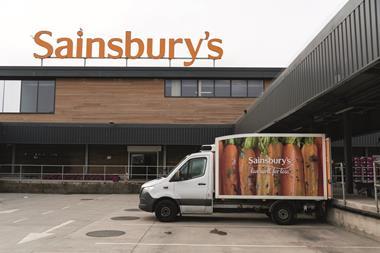
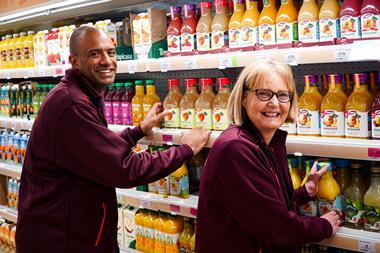

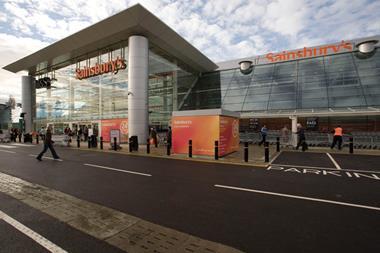
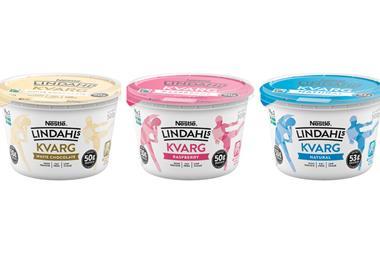





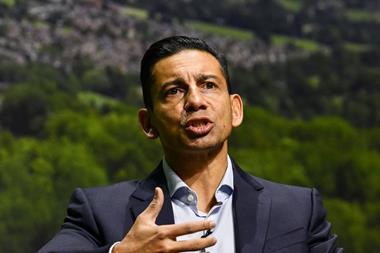
No comments yet